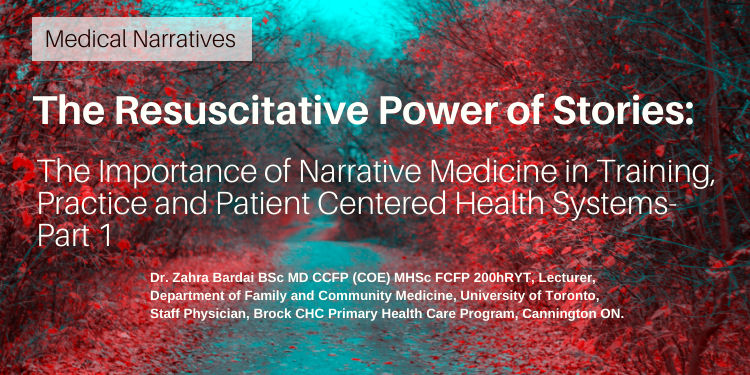Peter N. McCracken, MD, FRCPC, Professor of Medicine, Division of Geriatric Medicine, University of Alberta, Edmonton, AB.
Darryl Rolfson, MD, FRCPC, Assistant Professor of Medicine, Division of Geriatric
Medicine, University of Alberta, Edmonton, AB.
Even within the Canadian health care system, one which strives to be comprehensive, universal, and accessible, disparities exist for Canadians who are unable to access timely clinical and educational support due to distance. Telemedicine, which bridges distances to allow clinical, educational, and administrative interactions, fits this need like a glove. In 2005, the acceptability of the technology now leaves clinicians, health educators, and health care administrators in a position to assist almost without excuse. To be successful, telehealth requires willing participants, sensible application technology, and a dense network of broadband linkages. Although qualitative research is plentiful, high quality quantitative research into telehealth is still only emerging, as evidenced by the example of telehealth applications in educational and clinical geriatrics.
Key words: telemedicine, telehealth, geriatrics, medical education, research.

